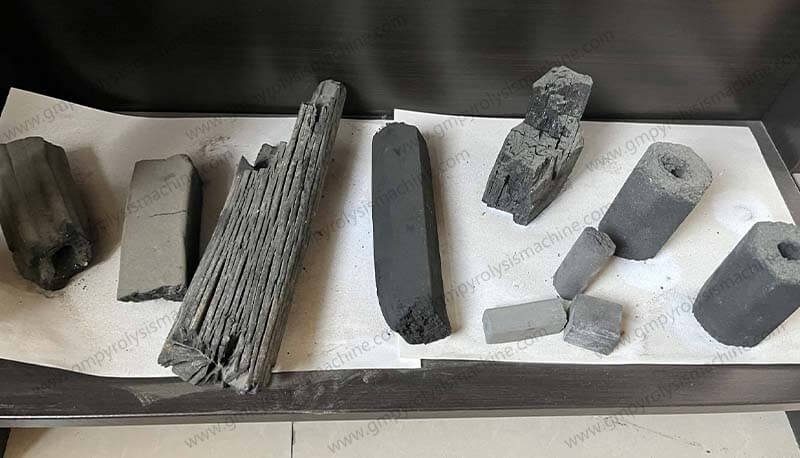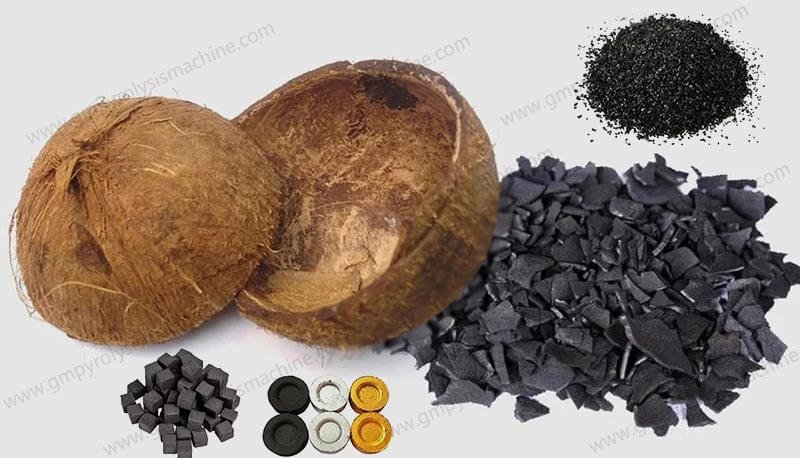Charcoal, a versatile and ancient material, has been utilized by humans for thousands of years. From its early use in fire-making to its modern applications in various industries, charcoal continues to be an indispensable resource. In this article, we will explore the myriad uses of charcoal, from traditional to contemporary, and uncover why it remains a valuable commodity in today’s world.
Charcoal is produced through the process of pyrolysis, which involves heating wood or other organic materials in the absence of oxygen. This process removes water and other volatile compounds, leaving behind a carbon-rich, lightweight, and porous material. The resulting charcoal is highly efficient as a fuel source and has a range of other practical and industrial applications.
Traditional Uses of Charcoal
1. Cooking and Grilling:
One of the most well-known uses of charcoal is in cooking and grilling. Charcoal briquettes and lump charcoal are popular choices for outdoor barbecues and grills. They provide a high, consistent heat that imparts a distinct, smoky flavor to food. Whether you’re grilling burgers, steaks, or vegetables, charcoal offers a unique and authentic cooking experience.

2. Water Purification:
Charcoal, especially activated charcoal, is widely used in water purification systems. Its porous structure allows it to absorb impurities, chemicals, and odors, making it an effective filter medium. Activated charcoal is commonly found in home water filters, ensuring that the water you drink is clean and free from contaminants.
3. Air Purification:
Industrial and Commercial Uses of Charcoal
1. Metallurgy:
In the metallurgical industry, charcoal is used as a reducing agent in the production of metals like iron, copper, and zinc. It helps to remove oxygen from metal ores, facilitating the extraction of pure metal. Historically, charcoal was the primary fuel used in blast furnaces, and while it has been largely replaced by coke, it still finds use in specialized processes.
2. Manufacturing:
Charcoal is used in the manufacturing of various products, including steel, glass, and ceramics. In these industries, it serves as a fuel and a reductant, helping to achieve the high temperatures needed for melting and shaping materials.
3. Environmental Remediation:
Activated charcoal is employed in environmental remediation efforts to clean up contaminated sites. It can be used to remove pollutants from soil and groundwater, helping to restore ecosystems and protect natural resources. Its high adsorption capacity makes it an effective solution for addressing environmental contamination.
4. Energy Production:
Charcoal is also used as a renewable energy source. In some regions, particularly in developing countries, charcoal is a primary fuel for cooking and heating. While it is not as efficient as modern fuels, it remains an important energy source due to its accessibility and affordability. Additionally, research is ongoing to develop advanced charcoal-based technologies for more sustainable energy production.




